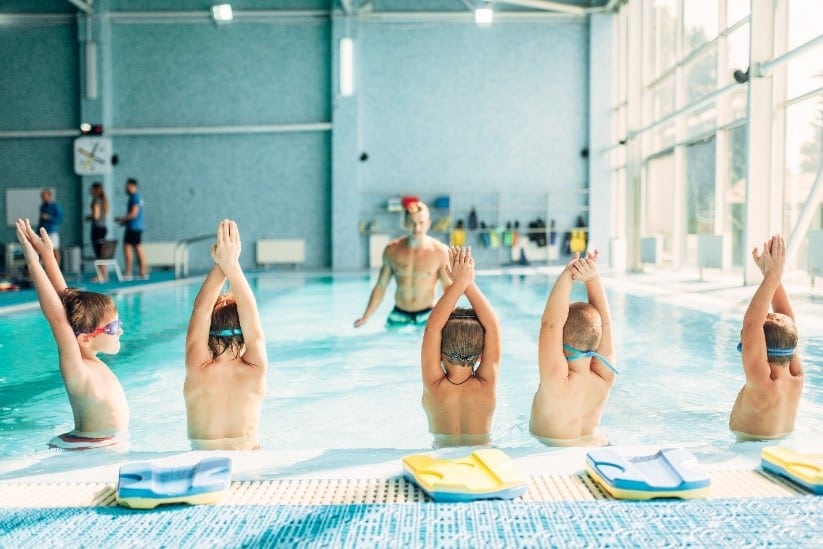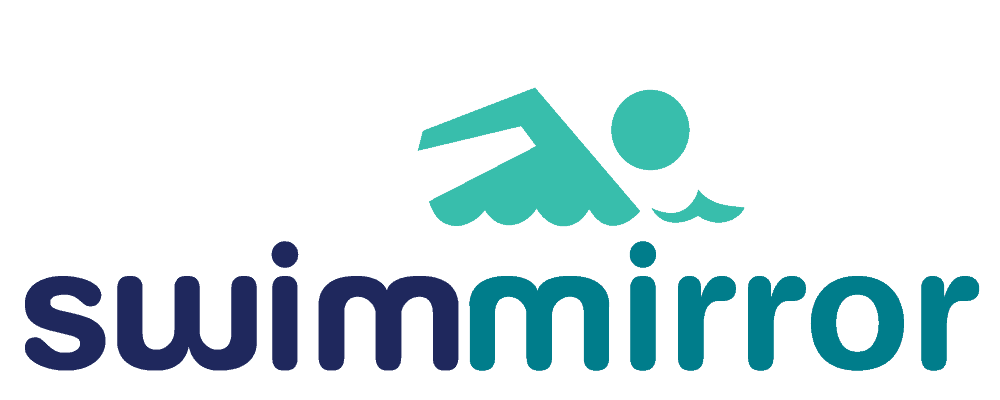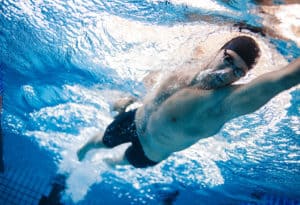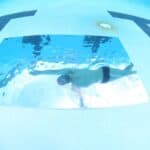How to Become a Swimming Coach

What Does it Take to Become a Competitive Swimming Coach
For some people, it’s the thrill of competing in front of a world audience for a chance to win the gold medal that motivates them, but not everyone involved in professional sports is in it for the spotlight. Behind every successful athlete is a coach helping to push them past their limits, and for some people, that’s exactly where they want to be.
However, depending on how high you want to go, coaching isn’t simple. The certifications you must earn to prove your level of competency as a coach become not only more difficult as you go, but will demand more of your time and dedication to the craft.
The Qualifications You’ll Need
To begin your journey and join your local coaching staff, you’ll need to prove a certain level of athleticism, as well as an ability to act in emergencies and some social skills. The good news is that it’s relatively easy to get started, but the certification requirements will quickly become more difficult. The good news is you don’t need to be an ex-Olympian for people to respect you in this industry. Anyone can become an effective swimming coach.
Physical Requirements & Safety
While you most certainly don’t need to have the swimming skills of an Olympic athlete, you will need to prove that you can in fact swim. You’ll also need to prove you’re healthy and capable of saving your students should an accident take place and your intervention required. That means you’ll need a CPR license and a Water Safety Instructor license.
Certifications & Where You’ll Attain Them
Depending on where you are in the world, you may have different certifications or training you’ll need to accomplish. However, if you’re in the United States, the certifications you’ll be earning will be from the American Swimming Coaches Association (ASCA).
ASCA is a nationally-respected body, so you can be assured that your certifications will mean something when you earn them. The certifications start out simple, requiring you to have the communication skills you need to effectively work with parents, children, and volunteers. As you ascend, the requirements will become more strict. You’ll need to prove you’ve coached for a set number of months/years, up to the point of training an actual athlete to succeed at swim meets to reach the maximum certification.
I Have My Certifications, Now What?

From here, you can continue to earn certifications and add adults to your list of clients, but if you have Olympian goals in mind, you’ll need to sign up with USA Swimming. They function via smaller swimming committees located across the United States. You’ll want to find and sign up with your local swimming committee and start networking from there. Top Olympic coaches from across the U.S. are a part of USA Swimming, making it a great place to create connections.
What Does it Pay?
Most swimming coaches don’t earn a substantial income. Most coaches will start out training children, and can expect to earn around $25,000 a year. If you continue to earn certifications and add different age groups to your client base, you can earn up to about $50,000. This all depends on whether you’re part of an organization, heading your own swimming school, or providing services for a handful of clients.
The situation is completely different for Olympic coaches, however. If you prove your ability as a coach by training the top swim teams in the country, you could earn anywhere from $100,000 to $380,000. This is of course dependent on you becoming a super star in your own right, but if Olympic athletes can dream big, why can’t you?
Interested in Coaching Your Own Athletes?
One of the brilliant things about becoming a swimming instructor is the varied ways you can approach it. You could teach at your local high school, join a swimming school, or become a self-started and create your own practice. Every available road can lead to the Olympics as long as you can prove your teaching style works and you meet with the right people.





